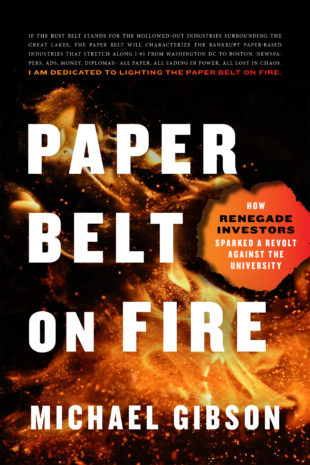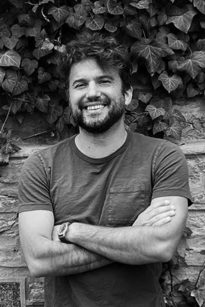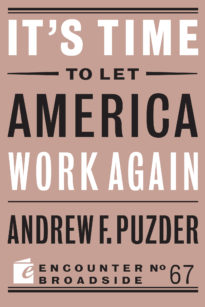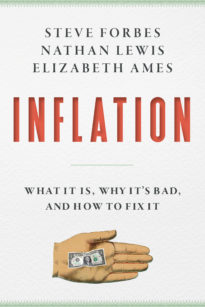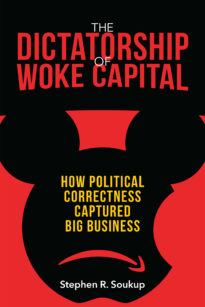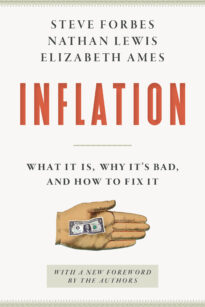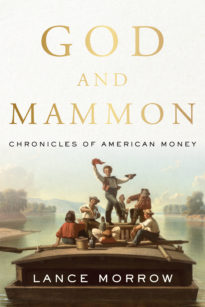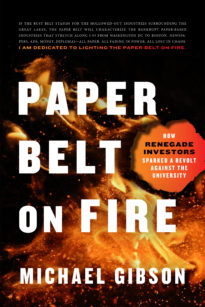It started with a phone call. There was a short greeting, some interviewed to become a spy with the CIA in the fall of 2007. Minor chit-chat, and then a disembodied voice said, “Michael, we came across your application for the role of political analyst, but we were wondering if you might instead be interested in the clandestine service.”
I can’t exactly recall what I mumbled right then, partly because I was surprised, but mainly because I had never thought of becoming a spy before this moment. I had no background whatsoever for it, neither in my academic studies nor my employment. My goal in applying was deeply personal and, to tell the truth, a secret. I have spent most of my life wondering who my dad was, searching for clues about Frederick Whittle Smith, whom I last saw when I was sixteen months old, three days before he died. I hoped that if I got the job as a CIA research analyst, I might gain enough security clearance to discover the truth about whether my late father had been an employee, a source, a cut-out, or some kind of paid consultant for the intelligence community.
This is what my dad had told my mom the last time they saw each other. He was holding me, a toddler, in his arms when he said it. He told her he feared for his life because he was involved in some secretive work unrelated to his career as an engineer at NBC, the television network. He and my mom weren’t married yet, nor did they live together, so naturally their separate lives left some room for surprises. But this was astonishing.
“Fred, you’re scaring me,” she said, as he tried to explain why he was in danger. She couldn’t imagine how the things he was saying could be true, but as he spoke, she knew deep down that they were. There was an urgency and clarity behind it. Too many details.
“How do you know these things?” she asked.
“I’m an operative,” he said. “What’s an operative?”
“I find out information . . .”
“Are you a spy?”
“. . . yes.” He paused, then looked down at me in his arms and said, “I don’t know, Michael—you’re so darn cute, if I were Jeffrey, I think I’d hit you too.”
Just a minute before I had tussled with my brother, Jeffrey, over a toy car we both wanted to play with. My brother had pushed me hard to get it back. My dad was consoling me.
“You can’t mean that,” she said.
“I do. I’m a spy.”
“No, I mean about Jeffrey and Michael. Jeffrey only pushed him to get back his car.”
“I like my version better,” he said, laughed, and then continued on with his story.
That conversation was mid-afternoon on Thursday, July 27, 1978, in New York City. We were all on the corner of 55th Street and Sutton Place, outside my dad’s apartment building, which overlooked the East River and Roosevelt Island near the Queensboro Bridge. Three days later, on Sunday, after my mom reported him missing, two police officers opened the door to his apartment and found him dead on the floor of his home office. There were no signs of forced entry or of violence. No autopsy was performed, but the New York City coroner said he died of heart failure. To this day, my mom believes he was murdered.
I was so young at the time, an infant. Saying goodbye for the last time is sorrowful enough as it is. Not remembering your dad is tinged forever with something searching, a longing for someone who will never arrive. There is hardly a day in my life that I don’t wish I could say hi, give him a long hug, and hear him say, “I love you.” But the past is gone, and it will not answer. What is left in the dust that remains?
So, this was my secret aim in trying to work for the CIA: get in and see what I could find in the archive. It was naive—preposterous even—but it was a plan. At this point, I was renting an attic apartment in a family’s colonial home off Brattle Street — “Tory Row” — in Cambridge, Massachusetts. Technology Review, MIT’s magazine, had hired me as an editorial assistant, with the offer to write stories as well. I covered everything from quantum computing to ultrasonic backscattering for brewing a better beer.
